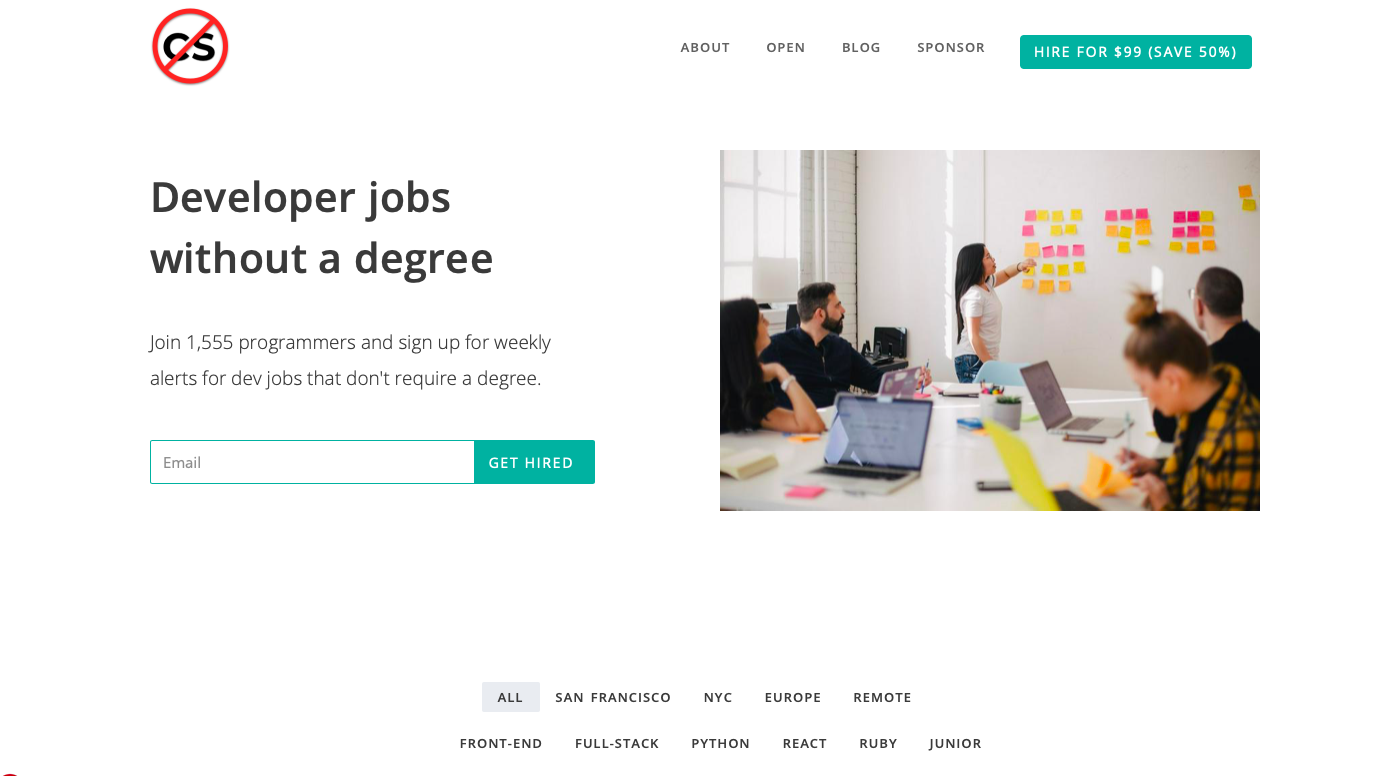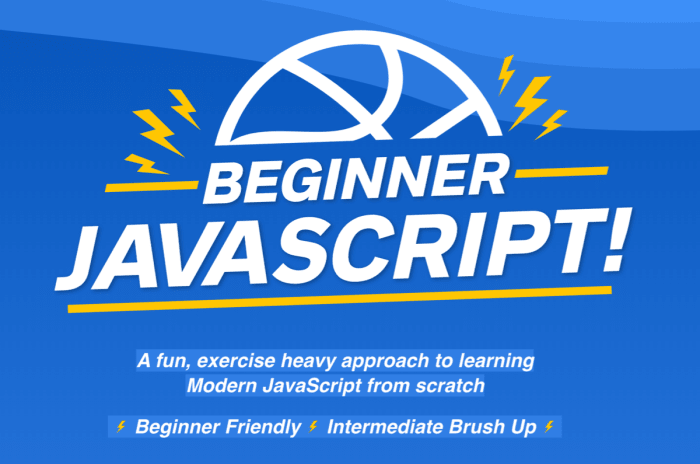Phoebe Voong-Fadel taught herself to code while looking after her young children. She used a variety of free and affordable coding courses in order to learn from home. Phoebe was able to get freelance work by asking friends and family to give her work on a 'pay what you want' basis. Today she is a Front-end Developer for a digital cartography company.
Hey, so can you give us a short introduction for people who want to know more about you?
Hello, I’m Phoebe and I’m a Front-end Web Developer. I recently moved to Crowthorne, Berkshire in the UK. I live with my husband and two children. I used to work in the Higher Education sector for about 12 years then quit my job after I had my second child. I was a stay-at-home mum and started studying programming part-time in 2017. I started freelancing part-time as a WordPress Developer at the end of 2018 and I got my first web development job in November 2019. I currently work as a Front-end Web Developer at Blue Fox Technology, which specialises in digital cartography and mapping. I also write articles about programming and web development for freeCodeCamp.
Can you tell us what an average day looks like for you just now?
My job is a remote role so I work from home. My days are quite structured. I work from 9am to 3pm and then spend some time with my children in the afternoon/early evening and work a couple of hours after they’re asleep. I’m mainly focusing on Web GIS and working a lot with an open source JavaScript library called OpenLayers. As we are a remote team, we have a daily standup at 9:30am on most days to discuss our progress and any issues we’re stuck on.
However, as of March 2020, my three and five year old children are at home with me as well. My days are quite difficult at the moment as I have to juggle homeschooling my children and working full time. I do most of the childcare/homeschooling during the day. I used to work in the study but now my “office” is the kitchen table in the dining room! So I can keep my eye on my children while I work. I manage to do some work during the day and have to catch up in the evenings and weekends.
How did you learn to code with no CS degree?
Due to my circumstances of being a stay-at-home-mum, I chose to learn from self-paced online platforms. I needed something remote where I could learn at odd hours of the day. I followed freeCodeCamp as my main curriculum and branched off if I needed to spend extra time on a particular topic. I used other resources like Khan Academy, Udemy and YouTube. I became really good at Googling and finding out solutions and answers through search! Stack Overflow and official documentation like MDN web docs are also very useful.
In terms of how I kept my motivation, it was quite difficult at the start but once I got into a routine it was fine. I think it helped engaging with the Twitter developer community by joining the #100DaysOfCode challenge. I met lots of aspiring and experienced developers who were very supportive.
How did you get your first freelance work?
The first website I built was for a family member’s business. I did a pay-what-you-want model and they took a chance on me. I then created my portfolio and then approached other people from my network. Through their recommendations I got further work. Utilising my network was my way of getting freelance work. There was already an existing relationship and an element of trust between me and my early clients.
How has your life changed since becoming a professional programmer?
I used to work in London so my commutes to work got longer as I moved further out of the city. Now that I’m a remote worker I save so much time on commuting. I get to spend more time with my family and I really love the flexibility. I’m constantly learning new skills and it definitely keeps me on my toes. I’m amazed by how much I’ve learnt in the last 6 months since I started my new role.
What advice do you have for someone who wants to get their first programming job but they don’t have the time or money for a CS degree?
I spent less than £50 on courses when I learned to code. There is an abundance of free resources online such as freeCodeCamp, Codecademy, YouTube and written tutorials. You don’t need to spend anything to learn to code. Probably a basic laptop is all you need during the early stages.
I would advise people to research and explore a few platforms to find something that suits your own learning style. Then try and stick to a course/platform/tutorial. Don’t move around too much and learn the fundamentals of your programming language of choice. I pretty much stuck to the freeCodeCamp curriculum for the fundamentals of web development: HTML, CSS and JavaScript. Once I learned the fundamentals, I started to explore other JavaScript libraries such as React JS and D3.js.
When I first started to learn, my schedule revolved around my children. I usually had to wait until they were asleep. I tried to code at least 15 minutes per day. Consistency is really important but don’t be too hard on yourself if you can’t do this. Some days I wasn’t able to code at all. Just as long as you get back to it as soon as possible. Don’t forget to take breaks as this is important to ensure you don’t burn out.
I would recommend people to engage with the developer community either through meetups, on social networks like Twitter and joining other developer groups on Slack or Discord. I used to attend at least one conference per year. Networking is really important.
Try and find a mentor. Usually this is done through networking. They will keep you on track and point you to the right place if you’re stuck on a coding problem or you just need some general guidance. My husband was my main mentor but I made some good connections with other people online and in real life who I would go to for advice as well. It’s good to get other perspectives.
When you learn something, apply it to your own project. Consolidate your learning through practice. You can showcase your projects through websites like CodePen.
It can get really overwhelming when you’re learning a new skill. Keep a diary or a blog and document your coding journey. Don’t forget to take stock and look back on how much you’ve achieved! It helps to maintain your motivation.
Have you ever had imposter syndrome and if so, how have you dealt with it?
I was recently asked to be a panellist for an online Lockdown conference organised by Hashnode and freeCodeCamp. I was asked to talk about my experience as a freelancer. I was the least experienced on the panel! However, I realised that everyone’s perspective and experience differs. My advice would hopefully resonate with someone in the audience. It was also reassuring when the other panellists agreed with the answers I was giving. It was a great experience and pushed me out of my comfort zone.
What are your career ambitions for the future?
I want to become a Full Stack developer. Prior to getting my first role as a Front-end Developer I was learning Node.js and MongoDB. I would also like to mentor other people learning to code and help them transition into tech.





